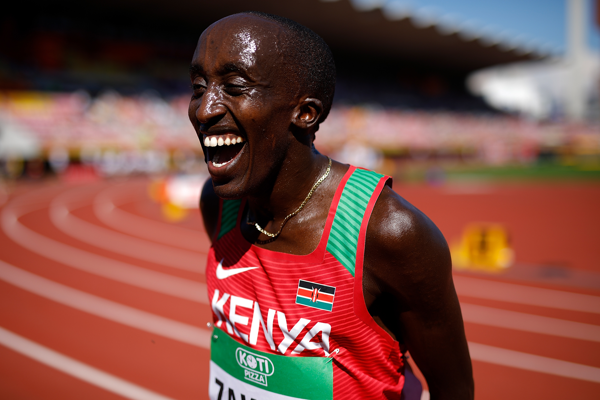The Anti-Doping Agency of Kenya (ADAK) has refuted claims made by former world under-20 champion Edward Zakayo, who recently announced his retirement from athletics, citing mistreatment and unfair handling of his case. Zakayo, a former Commonwealth Games 5,000m bronze medallist, took to social media to share his frustrations, alleging that ADAK subjected him to a biased process that eventually forced him out of the sport.
In emotional posts titled “Why I Left Athletics” and “My Truth,” Zakayo claimed that the agency repeatedly summoned him to Nairobi for hearings that were later conducted virtually, depriving him of the opportunity for a fair defense. He also complained that the lawyer assigned to his case was not of his choosing. Zakayo added that financial constraints prevented him from attending some of the sessions, leading to further misunderstandings with the agency.
The athlete narrated that after facing financial hardship in Iten, he moved back home to Narok, where a friend helped him find work as a tour guide in the Maasai Mara. He alleged that even after he transitioned to his new job, ADAK officials continued visiting his home, which he described as intimidation of his family.
Zakayo’s troubles reportedly began when he lost his phone containing his ADAMS login credentials while traveling from Spain in late 2023. The phone was the only way he could access the ADAMS system—used by athletes to file their daily whereabouts for doping control purposes. He maintained that he never attempted to dope and had always complied with testing protocols.
ADAK, however, rejected the allegations, describing them as misleading and inaccurate. The agency stated that Zakayo’s case followed due process in accordance with the Anti-Doping Act (2016), ADAK Rules, and the World Anti-Doping Code. It clarified that athletes are always informed of their rights, including the freedom to choose legal representation.
The agency revealed that Zakayo’s case was determined by the Sports Disputes Tribunal on May 8, 2025, which found him guilty of two missed tests and one filing failure in early 2024. Although the tribunal noted his explanation regarding the lost phone, it emphasized that the athlete is solely responsible for maintaining accurate whereabouts information. ADAK also denied any form of intimidation, urging athletes to report any unauthorized persons claiming to act on its behalf.
While acknowledging the emotional toll disciplinary processes can take, ADAK stressed that emotional distress cannot substitute for compliance with anti-doping regulations.

